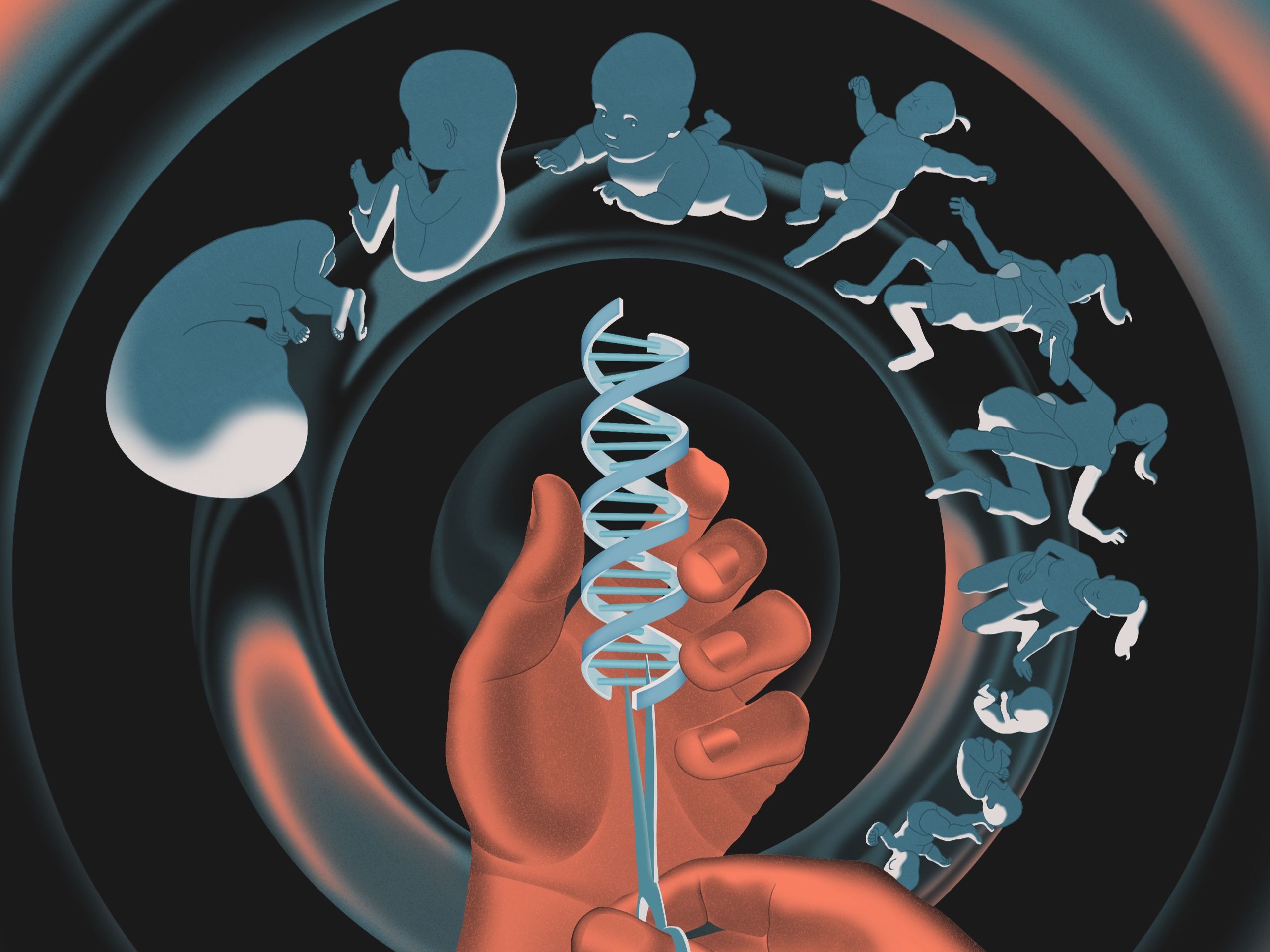
No medication developed through artificial intelligence has ever progressed into phase 3 clinical trials, the last barrier prior to receiving regulatory consent. This situation may change soon. A small molecule created by InSilico Medicine, aimed at treating a chronic lung condition, could move into this crucial phase within the next year or two.
In June, the company disclosed a study involving 71 patients in China that demonstrated the safety and tolerability of the molecule, rentosertib. This is the most advanced investigational compound for which both the biological target and therapeutic agent were identified through AI.
There are frequent assertions that AI is poised to ‘revolutionize drug discovery.’ Nonetheless, some skeptics caution that AI has yet to show a meaningful effect during the critical and expensive stages of drug research and development. Now, InSilico must prove that its candidate effectively addresses a lung-fibrosis condition, idiopathic pulmonary fibrosis, in extensive phase 3 trials.
Accelerating discovery
AI is particularly adept at sifting through and analyzing vast datasets with remarkable efficiency, summarizing that data and identifying patterns. ‘The promise of AI is to be quicker and somewhat more precise in recognizing signals amidst a vast noise,’ states Chris Meier, a former pharmaceutical researcher currently with Boston Consulting Group (BCG). This is particularly true for machine learning, a subset of AI that excels in pinpointing which proteins or genes should be targeted, for example, based on experimental findings.
The promise of AI is to be quicker and somewhat more precise in recognizing signals amidst a vast noise
Chris Meier, Boston Consulting Group
Meier conducted the first comprehensive assessment of AI-driven biotech companies’ clinical pipelines in 2022. The study attracted attention since it found that AI-discovered molecules in phase 1 achieved an 80 to 90% success rate, significantly higher than historical averages of about 66%. According to the analysis, AI has the potential to transform drug discovery by handling many of the most time-consuming, repetitive, and expensive processes and enhancing exploration.
However, not everyone shares this enthusiasm. AI is dependent on existing data, indicating that the chemical landscape has already been explored. ‘Many of those targets aren’t particularly novel,’ notes Andreas Bender, a professor of machine learning in medicine at Kalifa University in Abu Dhabi. ‘You know the target, hence you have more insight into its associated safety.’ This facilitates a company’s ability to select candidates likely to succeed in the initial safety trial.
Medicinal chemist Derek Lowe examined each of the 24 candidates in a blog and observed that in nearly every instance, ‘the targets were already known to be involved in the disease being studied.’ He is cautious about AI being oversold through ‘a barrage of stories about remarkable advancements,’ featuring revolutionary claims. ‘People easily get carried away in this field,’ comments Lowe. ‘I’ve witnessed successive waves of excitement for various computational strategies.’
AI is proficient in forecasting protein structures, but algorithms like AlphaFold leverage the large and well-curated dataset of the Protein Data Bank, which includes over 200,000 structures. When applying scientific literature for machine learning, algorithms encounter an issue not of their design: considerable bias in publishing only successful outcomes. ‘You really need a plethora of quality negative results distributed throughout the data for a machine learning model to gain traction. However, we don’t publish those – we act as if they never occurred,’ explains Lowe.
Major collaborations
Nevertheless, collaborations between AI biotech firms and pharmaceutical companies have surged. In January 2024, Isomorphic Labs – a branch of tech behemoth Alphabet – established partnerships with pharmaceutical companies Eli Lilly and Novartis that may be valued in the billions. In 2023, Benevolent finalized an agreement with Merck valued at $594 million (£439 million).
Recursion was established in 2013 with a machine learning strategy founded on a singular foundational assay and presently operates highly automated in-house labs. ‘We produce data encompassing extensive areas of biology and chemistry before focusing on specific diseases,’ states Lina Nilsson, the company’s chief platform officer. The firm’s declared objective is to decrease the overwhelming 90% failure rate of conventional drug discovery.
One notable achievement from its pipeline is a molecular glue that leads to the degradation of a protein critical for the survival of certain cancer cells. Recursion announced last December that it had administered the first dose of this candidate drug intended for specific solid tumours and lymphoma. ‘This program transitioned from target initiation to [new drug application]-enabling studies in roughly 18 months, whereas the industry standard is about 42 months,’ notes Nilsson.
Nonetheless, Lowe contends that AI is optimally suited to assist in areas that ‘are inversely related to their importance in the cost of drug development.’ It excels at proposing new molecules to target established proteins or genes and defining how to produce them, but it has less clarity regarding patient-related issues such as unanticipated toxicity, he asserts.